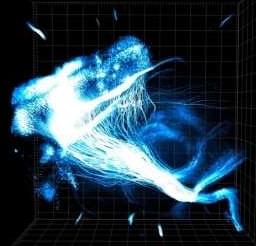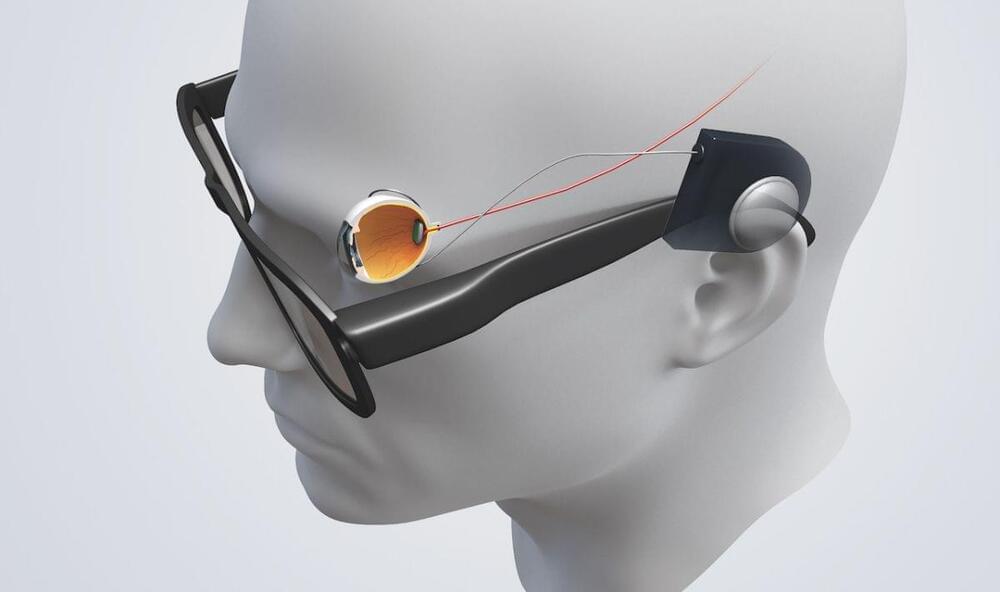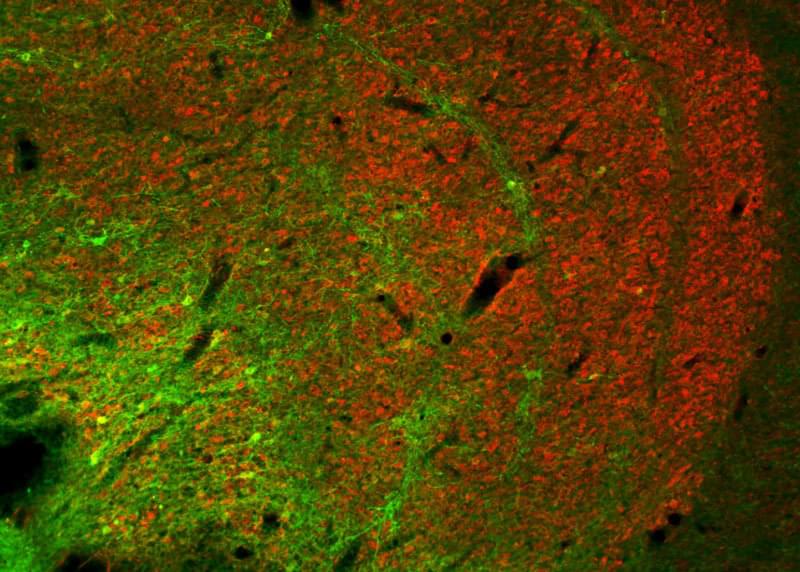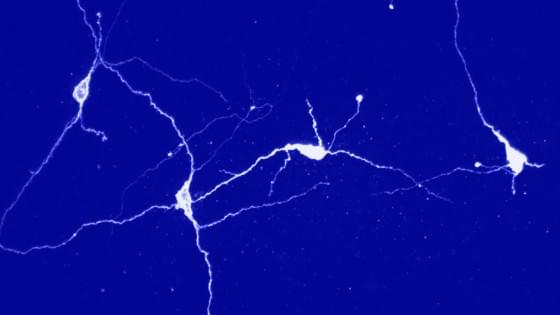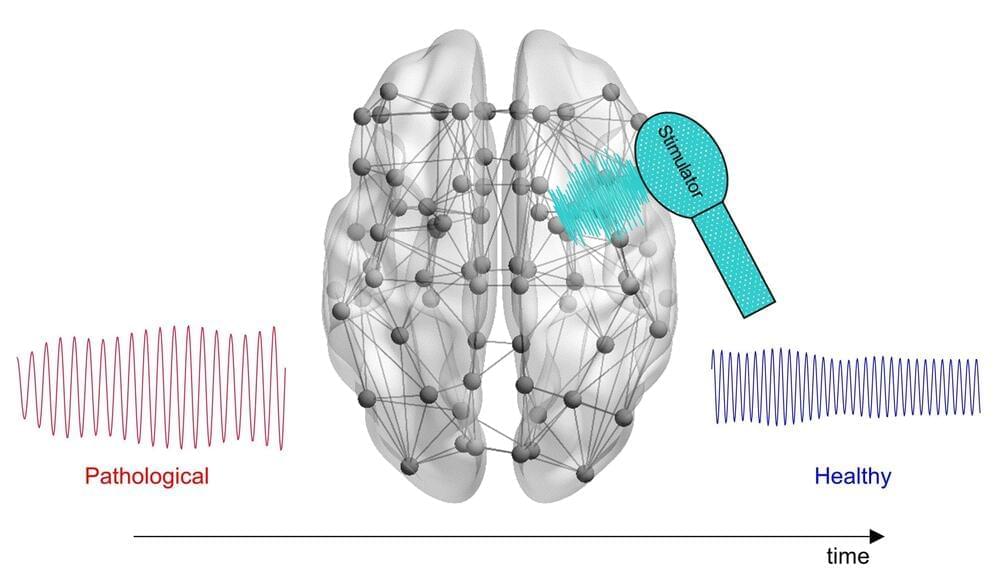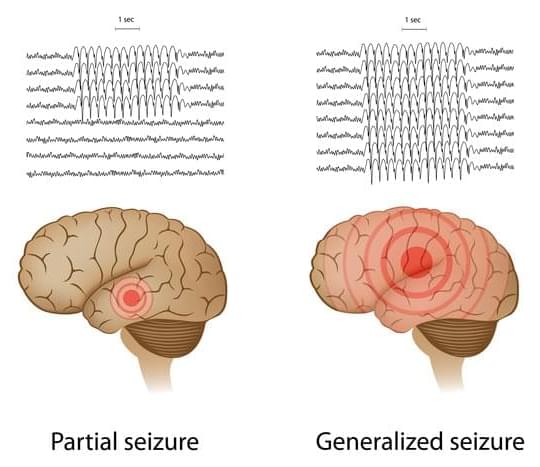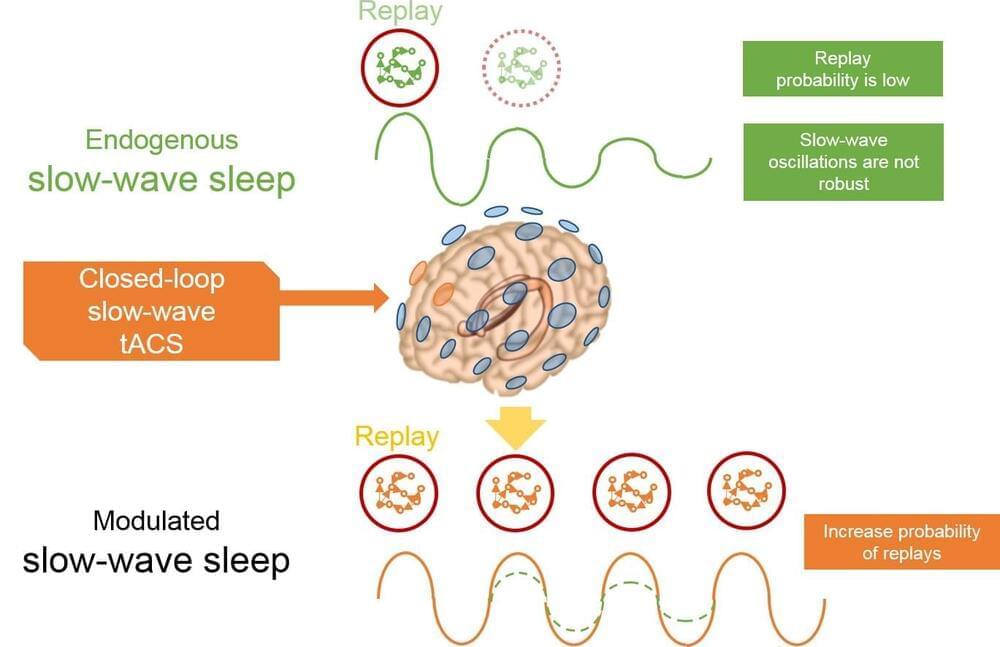Combining two cutting-edge techniques reveals that neurons in the prefrontal cortex are built to respond to reward or aversion, a finding with implications for treating mental illness and addictions.
The prefrontal cortex plays a mysterious yet central role in the mammalian brain. It has been linked to mood regulation, and different cells in the prefrontal cortex seem to respond to positive and negative experiences. How the prefrontal cortex governs these opposing processes of reward or aversion, however, has been largely unknown.
In a new paper published online May 26 in Cell, researchers at Stanford, led by Karl Deisseroth, have united two transformational research techniques to show how the prefrontal circuits that process positive and negative experiences are distinctly and fundamentally different from one another, both in how they function and in how they are wired to other parts of the brain.
